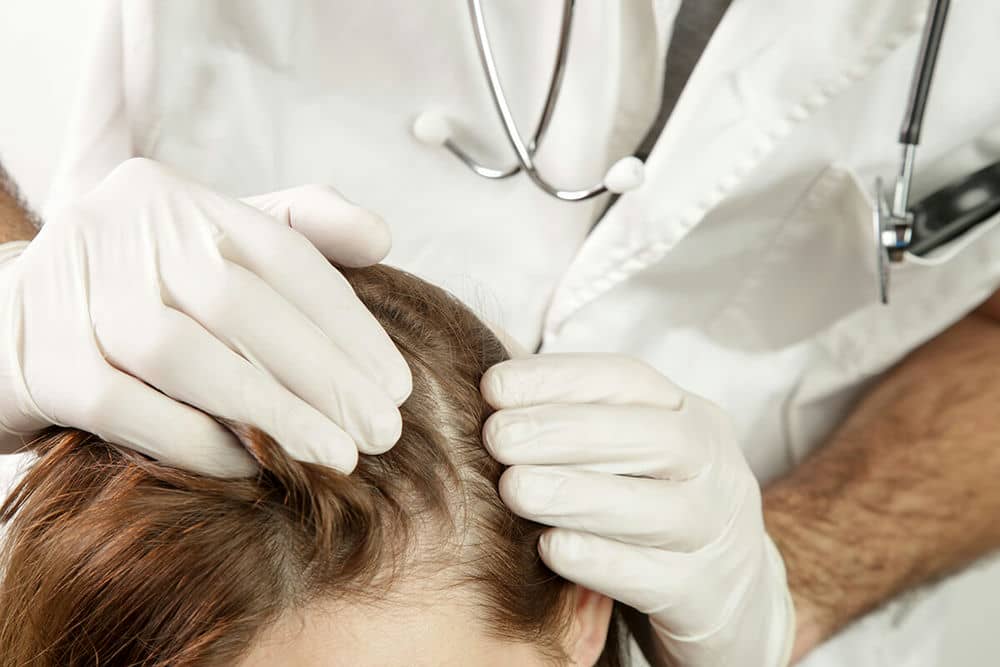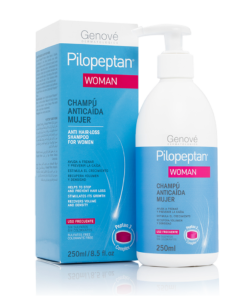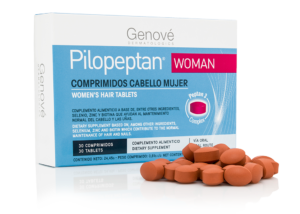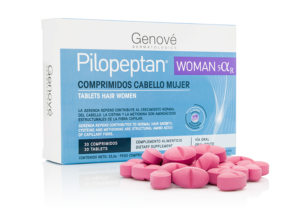
Specific solutions for hair loss in women
One in three women experience hair loss problems at some point in their lives, and up to 40% suffer from hair loss after the age of 50.
There are different factors involved in female hair loss, and these allow us to distinguish between the different types of hair loss.
At Pilopeptan, we have designed the Woman range to help women combat abnormal hair loss, providing specific solutions to restore women’s hair health, depending on each individual case.
 Genove
Genove


